The Rise Of Broke Millennial Investors
You can’t read financial headlines these days without seeing Robinhood mentioned somewhere. Their rise in popularity and how they now account for 25% of the total US retail trading volume is nothing short of extraordinary. In this article, I will go over how they managed to grow so quickly and how they managed to steal so much market share from their competitors. I will also explain exactly how they make their money – with a business model that is nothing special or new. Last but now least, I will explain why you should NOT open a Robinhood account and choose a better alternative.

So why is Robinhood so popular and how did they get here?
Robinhood started out with very humble beginnings. They had no product, no users, no active business. No wonder Robinhood was turned down by 75 venture capital firms before they landed $3 million in seed capital. All they had was an idea(and a very simple one at that). What was the idea? A simple platform for users to trade on with ZERO commissions. Oh.. and no minimum deposit. It was pretty obvious that they were trying to target a specific audience that was not able to invest in the markets because of the restrictions with most broker accounts. Yes, I’m talking about millennials! Before Robinhood, if you didn’t have enough money to make the minimum deposit or didn’t make income requirements, you couldn’t open a broker account. Robinhood filled that gap.
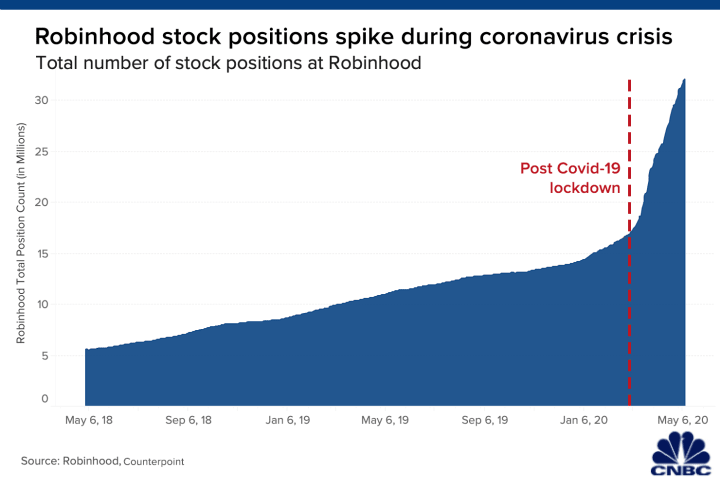
Is Free Commission Trading Really FREE?
The quick answer is NO. So how do they make money while offering commission-free trading to their users you’re wondering? Robinhood realized that brokers made money off trades in two ways. One is of course by either charging a flat fee for each trade, charging on a per-share basis or both.
The other way is by getting rebates from market makers. When you place a trade on Robinhood, your order gets routed to a market maker to get the best possible price for your order. That market maker pays Robinhood a small commission. We are talking VERY small to the tune of $0.00026 for every dollar traded.
This is a very common practice amongst online brokers but it was never enough to keep their business afloat so they added the flat commission on top of that. Robinhood makes money in other ways including interest on non invested funds, premium accounts, and margin loan interest but makes 40% of their revenue from trade rebates.
Robinhood headlines are downright embarrassing
Many have questioned how safe their trading platform really is. Ready endless headlines of their platform crashing every time they experience a high volume of orders at once, does not make us feel much safer. There was also a tragic story about a Robinhood trader that took his own life after thinking he lost $730,000. Turns out it was just a glitch.
Yes, Robinhoods PR manager definitely has their work cut out for them but users don’t really seem to care since the Robinhood platform continues to experience robust growth. They are also very new to the business with two naive founders that probably didn’t know what they were really getting into. It will be interesting to see what happens if this rumored IPO actually takes shape. Personally, I won’t be investing in it.
Is Robinhood Really Better? Here’s A Quick Review
I did not get sucked into the “commission-free trading” offer nor do I care about have no minimum investment. My broker of choice has always been Interactive Brokers. Why? because my biggest expense is margin interest and they have the lowest in the business. They also offer a large selection of tradable securities beyond just US markets. Of course, like other brokers, they offer commission-free trading but if you understand how orders get placed, this is not really a selling point.
Conclusion
Sure they have impressive growth but they are nothing special and are no different then other discount brokers. They are just brilliant marketers that managed to lure in inexperienced investors and made it convenient for them to open an account. Not groundbreaking, not revolutionary but they filled a major gap that the other brokers didn’t. Other brokers have now caught up and offer the same service which deminishes their claim to fame. Now that they captured a large part of the market, have 13 million users on their platform, they should work on making their platform safe and reliable. As for me, I won’t be switching from Interactive Brokers anytime soon.

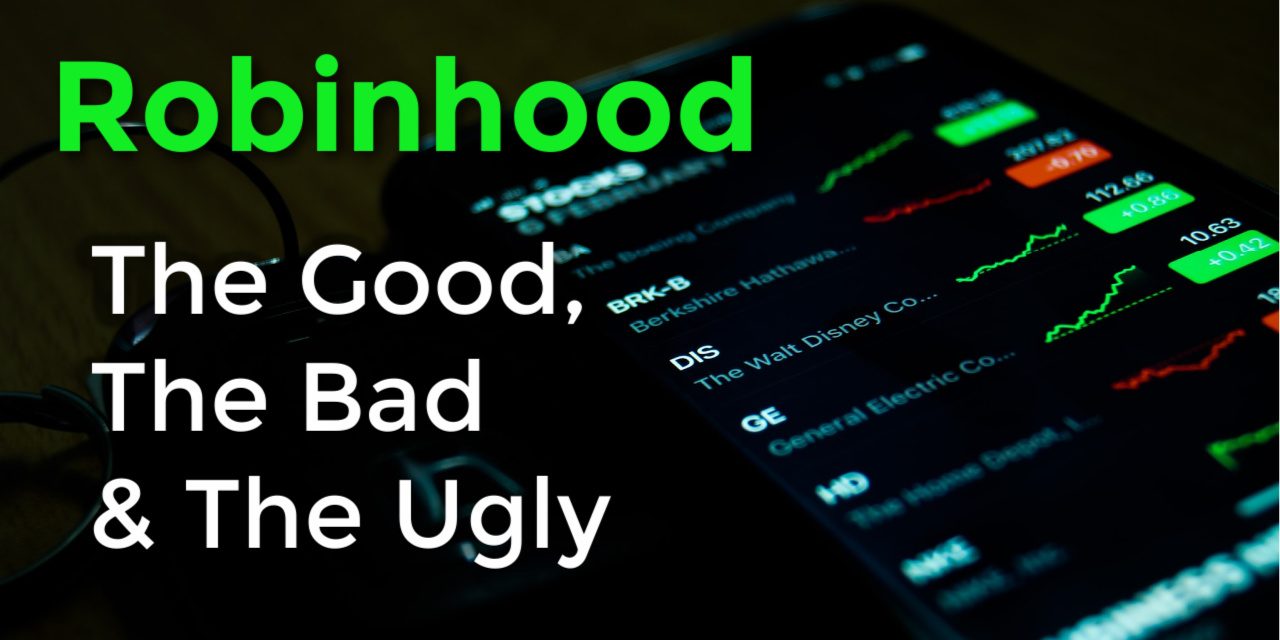
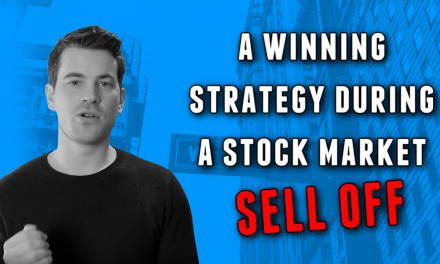

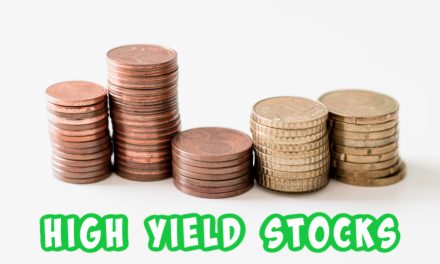
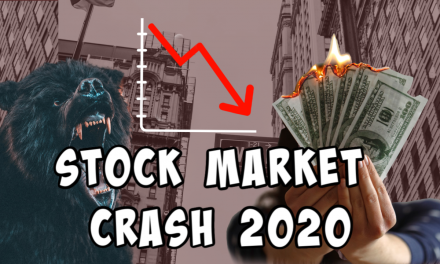
Recent Comments